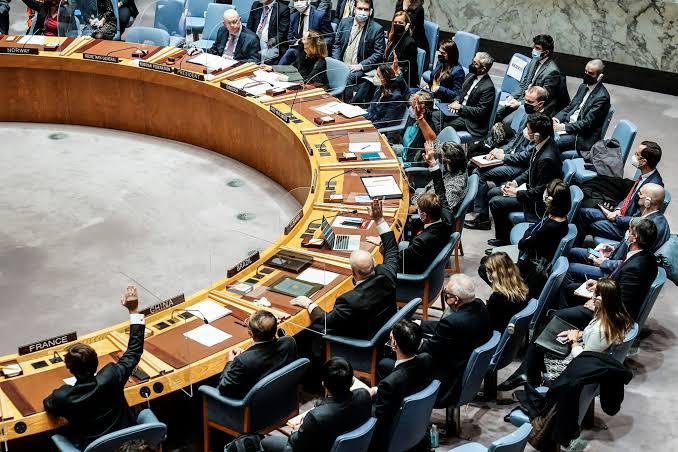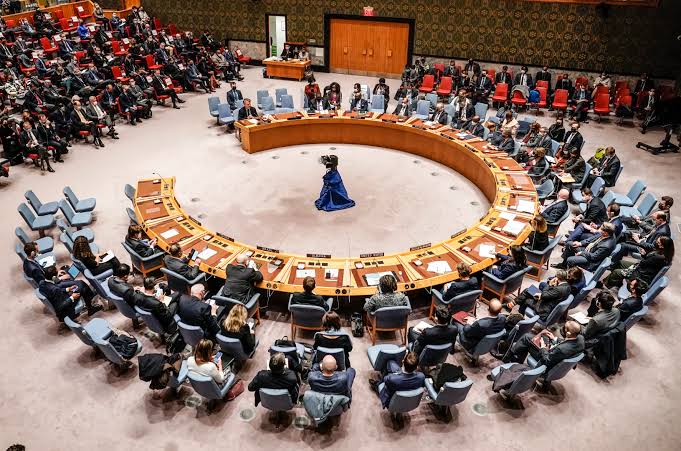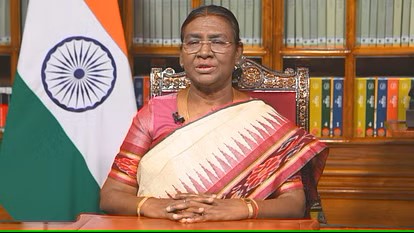The United Nations Security Council on Monday adopted a US-drafted resolution marking the third anniversary of the war in Ukraine, calling for an end to the conflict but notably avoiding any mention of Russia’s role in the aggression. The resolution, seen as a shift in the international stance, comes at a time when former US President Donald Trump has unexpectedly opened negotiations with Russia in an attempt to hasten a resolution to the ongoing war.
 The resolution received 10 votes in favor, while five members, including key Western allies France and Britain, abstained. Russia, as expected, opposed any attempt to introduce amendments that explicitly named it as the aggressor, effectively shaping the final language of the document. The US also joined Russia in voting against a separate resolution in the General Assembly, signaling a significant change in approach.
The resolution received 10 votes in favor, while five members, including key Western allies France and Britain, abstained. Russia, as expected, opposed any attempt to introduce amendments that explicitly named it as the aggressor, effectively shaping the final language of the document. The US also joined Russia in voting against a separate resolution in the General Assembly, signaling a significant change in approach.
The vote has sparked fresh tensions between Ukraine and its allies. Ukrainian officials have long pushed for stronger language and accountability in UN resolutions, arguing that any document that does not clearly condemn Russia’s actions weakens the international stance on the war. For Ukraine, this resolution, while calling for peace, fails to fully address the suffering of its people or the devastation caused by the prolonged conflict.
The move also underscores broader geopolitical shifts, with Washington’s changing tone suggesting a greater willingness to prioritize diplomatic negotiations over confrontation. As Ukraine marks three years of war, the realities on the battlefield remain grim, and the country continues to rely on Western military and financial support. However, with evolving political dynamics, including Trump’s efforts to reshape US foreign policy, Ukraine may find itself navigating an increasingly uncertain international landscape.
While the resolution’s passage reaffirms global calls for peace, the absence of direct condemnation of Russia has left many questioning its impact. For those on the ground in Ukraine, the war remains a daily struggle, and diplomatic maneuvers at the UN offer little immediate relief from the harsh realities they continue to endure.




